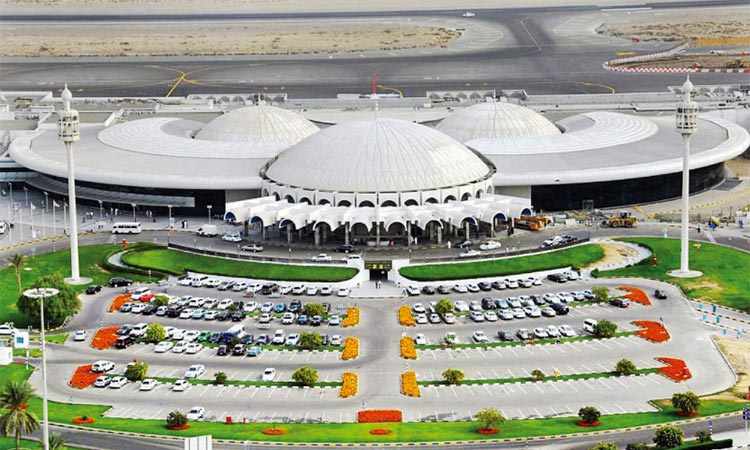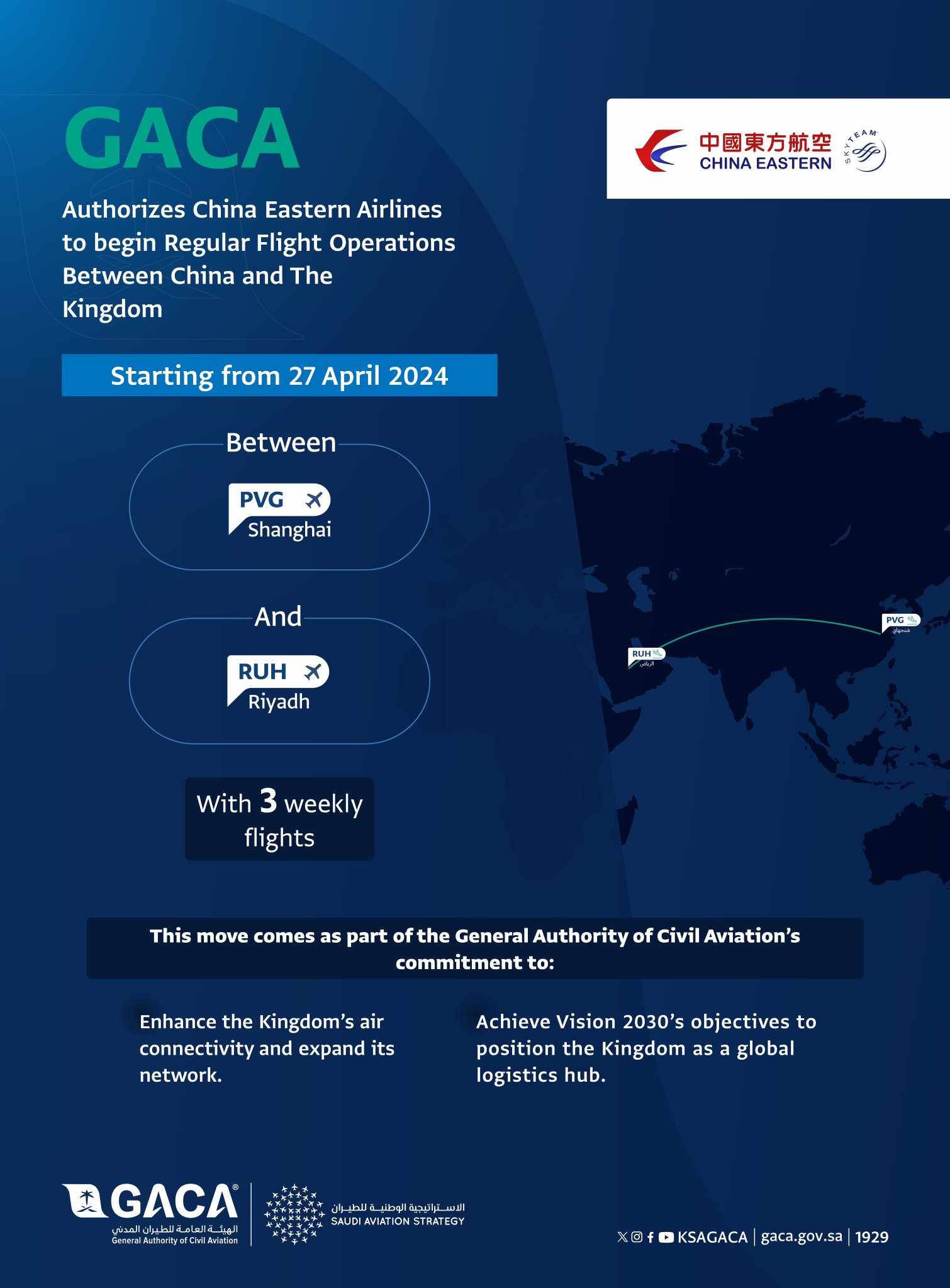Mitsubishi Heavy Industries BrandVoice: Traveling Toward A Hydrogen Economy Fueled By Advances In Planes, Trains And Ships
- Date: 23-Nov-2020
- Source: Forbes
- Sector:Transport
- Country:Middle East
Mitsubishi Heavy Industries BrandVoice: Traveling Toward A Hydrogen Economy Fueled By Advances In Planes, Trains And Ships
By Johnny Wood
Hydrogen-powered buses are now in operation across Europe and Asia, one more step in the sector's move to decarbonize.
Shutterstock
It's understandable that hydrogen's contribution to the energy transition is often linked to fuel cell electric vehicles. Sales are projected to rise significantly over the next few years. But that's only part of hydrogen's transportation story.
As a source and enabler of emissions-free energy, hydrogen is expected to have an even broader impact on the sector, from public transportation to long-haul freight shipping to potentially aviation.
By offering the prospect of an alternative to fossil fuels, hydrogen could also help decarbonize hard-to-abate sectors, such as heating systems and industrial processes. Advancing various modes of transportation then represents an important step in hydrogen's evolution toward an impactful future.
Public transportation: Moving the masses, minus emissions
Many parts of the world are already embracing hydrogen-fueled public transportation. In 2018, Germany achieved a global first by bringing two hydrogen trains into service, replacing existing diesel-powered engines; 14 additional trains are due to begin operations by 2021.
The UK is considering investing in a network of hydrogen trains as it seeks to phase-out its diesel rolling stock; this approach would be just as green, but more























